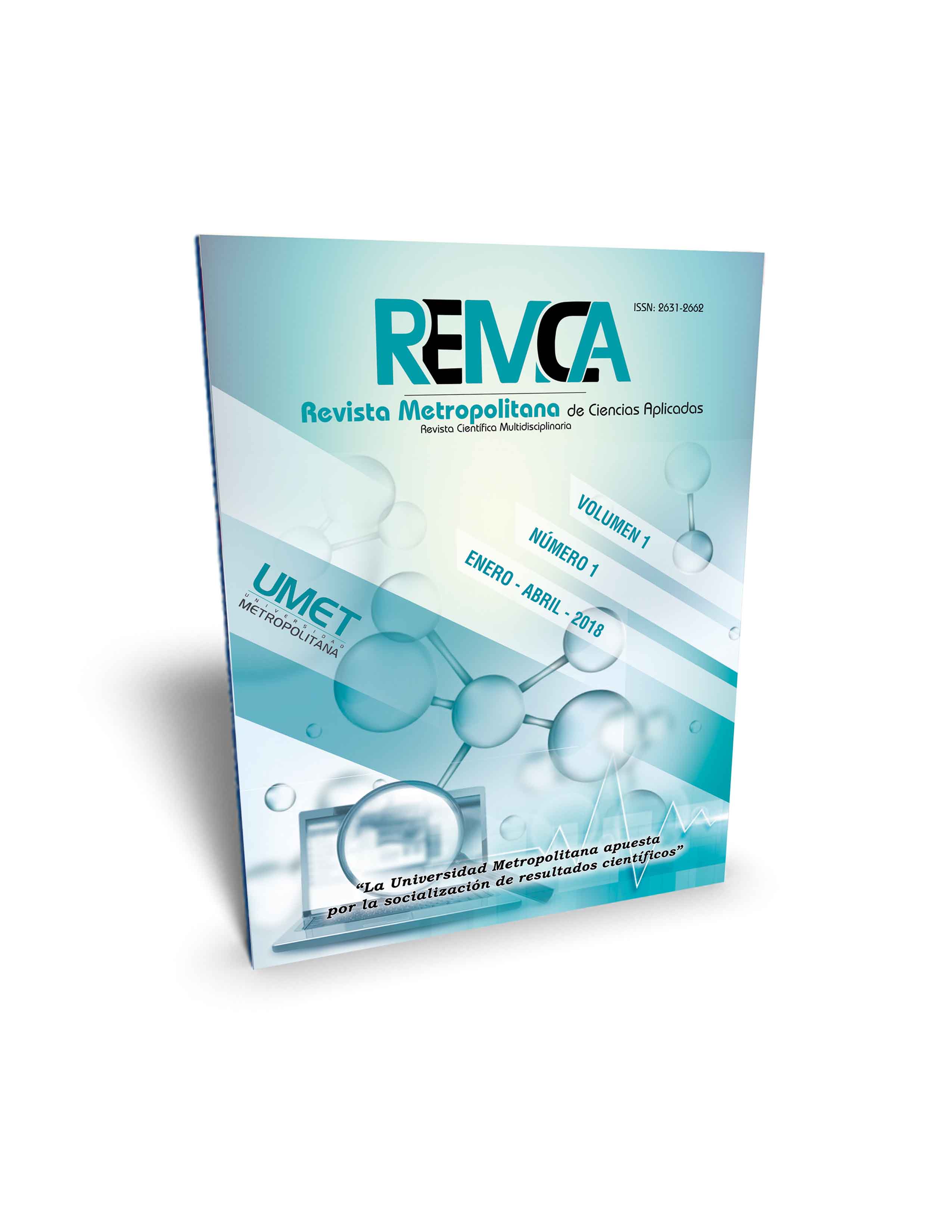Vote obliged in ecuador
DOI:
https://doi.org/10.62452/hq0n1j17Keywords:
Democracy, citizenship, state, voteAbstract
The obligatory vote in Ecuador established in the Fundamental Bill of Rights: understanding that our electoral system is democratic and that democracy is characterized by the power of the state that emanates from the people who express their will by periodically choosing their constituents; Because this right is obligatory and if it is optional, it simply would not come close to voting and therefore the result in the URNAS, would be more propitious manifestation of the sovereign will of that population that has the will and the power to choose their constituents For this purpose, we will study the historical background of the right to vote in Ecuador, the right to mandatory voting in Ecuador, the analysis of the possible optional vote in Ecuador, legal analysis, proposal for reform making mandatory compulsory voting.
Downloads
References
Eberhardt, M. L. (2015). ¿El fin de la democracia representativa? Otras modalidades democráticas: participación y deliberación ciudadana. Revista de Direitos Fundamentais & Democracia, 18(18), 182-227. Recuperado de http://revistaeletronicardfd.unibrasil.com.br/index.php/rdfd/article/download/555/445
Fraile, M. (2007). La influencia del conocimiento político en las decisiones de voto. Revista Española de Investigaciones Sociologicas, 120, 41-74. Recuperado de http://www.redalyc.org/articulo.oa?id=99715233002
Luisi Frinco, V. C. (2013). Educación de la sexualidad en el contexo familiar y escolar. Educere, 17(58), 14-58. Recuperado de http://www.redalyc.org/articulo.oa?id=35630404006
Medina, F. M. (2010). Talento humano y trabajo en equipo del personal directivo de las universidades del municipio Maracaibo. TELOS, 12(1), 79-97. Recuperado de http://www.redalyc.org/articulo.oa?id=99312518006
Mora, S., & Jaimes, S. (2012). Factores psicosociales que influyen en el comportamiento laborar, de acuerdo con los procesos de gestiòn administrativa y del talento humano que presentan los empleados de la empresa Distraves S. A de Cúcuta. Mundo FESC, 10, 23-26. Recuperado de http://www.fesc.edu.co/Revistas/MundoFESC/edicion_10.pdf
Organización de Naciones Unidas para la Educación, la Ciencia y la Cultura. (2016). Oficina de la UNESCO en México. Lineamientos Generales. Recuperado de http://www.unesco.org/new/es/mexico/work-areas/culture/
Rodríguez García, Y., Oliva Díaz, J. A., & Gil Hernández, A. (2007). La sexualidad en los adolescentes: algunas consideraciones. Archivo Médico de Camagüey, 11(1), 225-247. Recuperado de http://www.redalyc.org/articulo.oa?id=211117844009
Downloads
Published
Issue
Section
License
Copyright (c) 2018 María Teresa Macías Bowen (Autor/a)

This work is licensed under a Creative Commons Attribution-NonCommercial-ShareAlike 4.0 International License.
Authors who publish in Revista Metropolitana de Ciencias Aplicadas (REMCA), agree to the following terms:
1. Copyright
Authors retain unrestricted copyright to their work. Authors grant the journal the right of first publication. To this end, they assign the journal non-exclusive exploitation rights (reproduction, distribution, public communication, and transformation). Authors may enter into additional agreements for the non-exclusive distribution of the version of the work published in the journal, provided that acknowledgment of its initial publication in this journal is given.
© The authors.
2. License
The articles are published in the journal under the Creative Commons Attribution-NonCommercial-ShareAlike 4.0 International License (CC BY-NC-SA 4.0). The terms can be found at: https://creativecommons.org/licenses/by-nc-sa/4.0/deed.en
This license allows:
- Sharing: Copying and redistributing the material in any medium or format.
- Adapting: Remixing, transforming, and building upon the material.
Under the following terms:
- Attribution: You must give appropriate credit, provide a link to the license, and indicate if any changes were made. You may do this in any reasonable manner, but not in any way that suggests the licensor endorses or sponsors your use.
- NonCommercial: You may not use the material for commercial purposes.
- ShareAlike: If you remix, transform, or build upon the material, you must distribute your creation under the same license as the original work.
There are no additional restrictions. You may not apply legal terms or technological measures that legally restrict others from doing anything the license permits.




